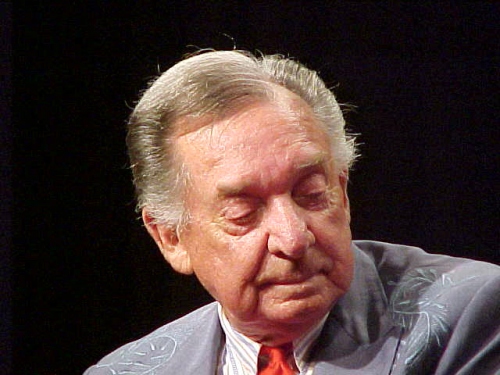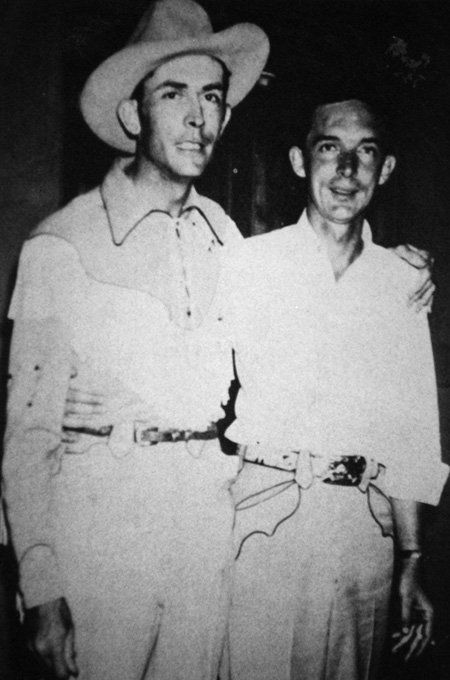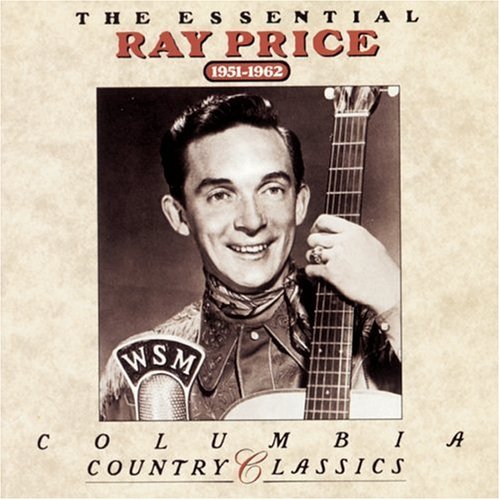I’m not one to interpret my own songs, but if you can’t figure out ‘What I Say’, then something’s wrong. Either that, or you’re not accustomed to the sweet sounds of love.
—Ray CharlesThe feel comes from gospel but the resulting witty, elegant essay on rhythm and sex and why they’re inseparable is purely pagan.
~Dave Marsh (The Heart of Rock & Soul)
wikipedia:
| Released | July 1959 |
|---|---|
| Format | 7-inch single |
| Recorded | February 18, 1959 |
| Genre | Soul, blues, gospel, rock and roll |
| Length | 6:30 |
| Label | Atlantic |
| Writer(s) | Ray Charles |
| Producer | Jerry Wexler |
“What’d I Say” (or “What I Say“) is a song by American rhythm and blues (R&B) musician Ray Charles, released in 1959 as a single divided into two parts. It was improvised one evening late in 1958 when Charles, his orchestra, and backup singers had played their entire set list at a show and still had time left; the response from many audiences was so enthusiastic that Charles announced to his producer that he was going to record it.
After his run of R&B hits, this song finally broke Charles into mainstream pop music and itself sparked a new sub-genre of R&B titled soul, finally putting together all the elements that Charles had been creating since he recorded “I Got a Woman” in 1954. The gospel influences combined with the sexual innuendo in the song made it not only widely popular but very controversial to both white and black audiences. It earned Ray Charles his first gold record and has been one of the most influential songs in R&B and rock and roll history. For the rest of his career, Charles closed every concert with the song. It was added to the National Recording Registry in 2002 and ranked at number 10 in Rolling Stone‘s “The 500 Greatest Songs of All Time”.
“Ray would call and say that he had a few songs but he wouldn’t usually comment on them beforehand. He called me up before he brought “What’d I Say” in and said, “I think you might like this one pretty well.” That constituted a rave from him and it was very easy to record. It was hardly a song: it was an extended rhythm lick with a few jingle-like verses: “See that girl with the red dress on, She can do the Birdland all night long”, not exactly Shakespearian innovation. He had strung a few lines together but the essence of that record was the boiling rhythm track and the exchanges between himself and the Raelets.”
– Jerry Wexler (Co-owner of Atlantic Records & legendary producer)
Live – 1960:
Album of the day:
The Best of Ray Charles – Atlantic Years (1994)
Other February 18
Continue reading Today: Ray Charles recorded “What’d I Say” in 1959 – 54 years ago

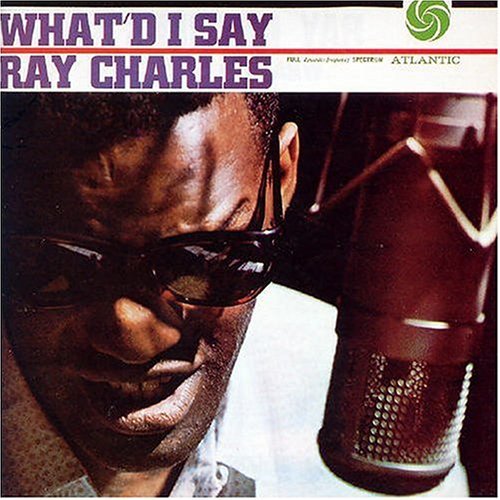
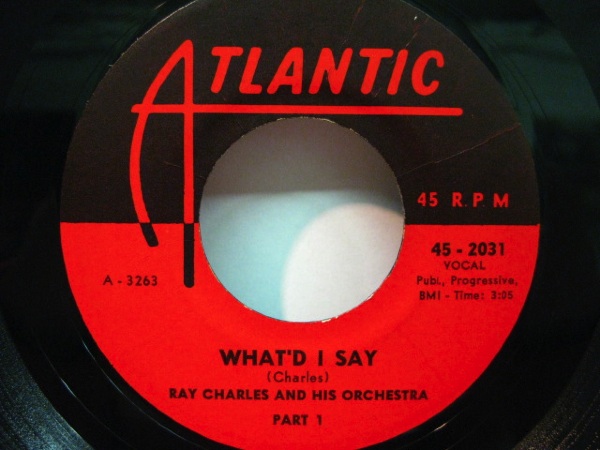
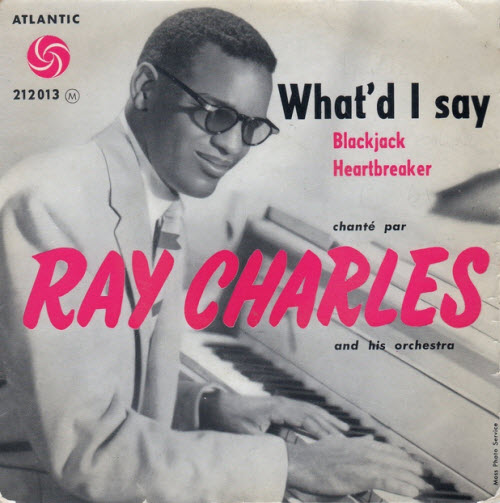
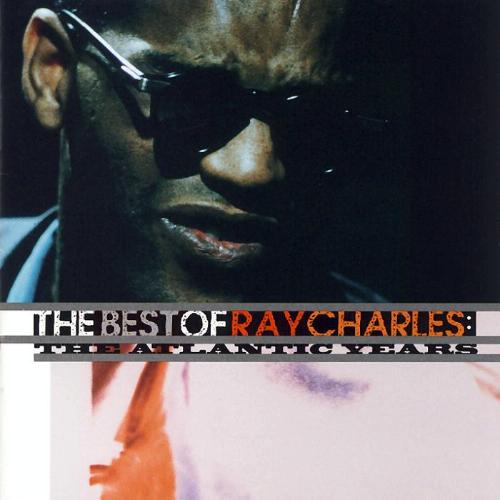
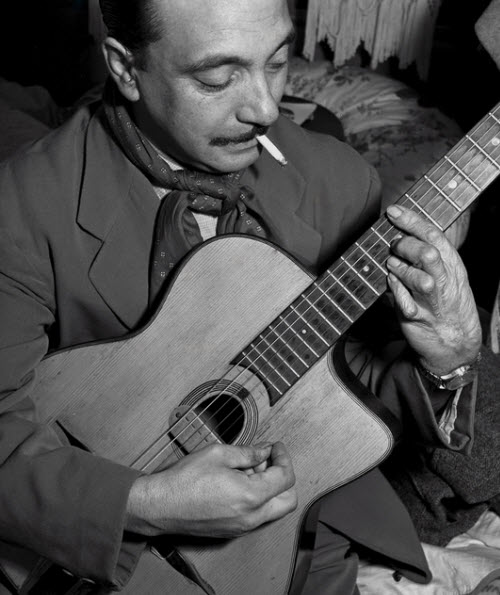
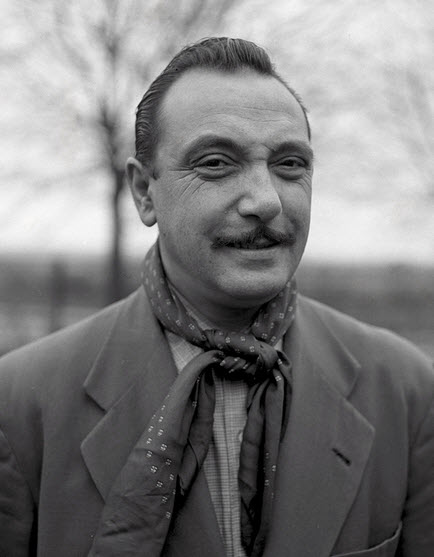

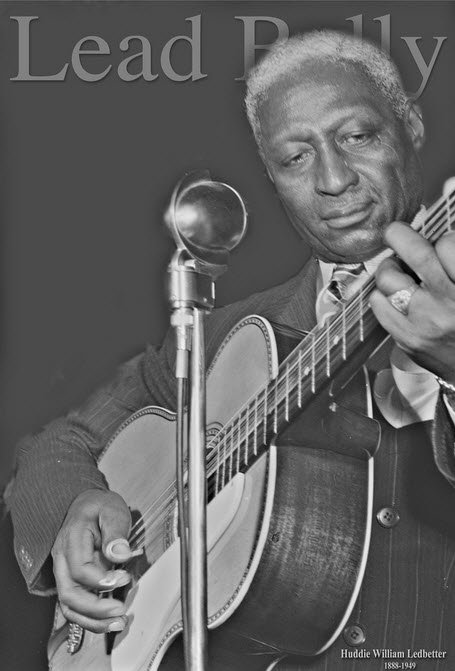
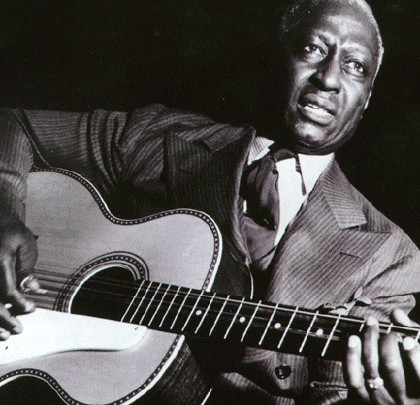
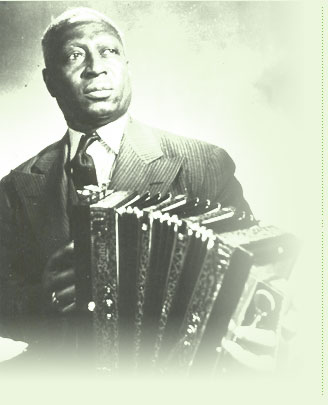
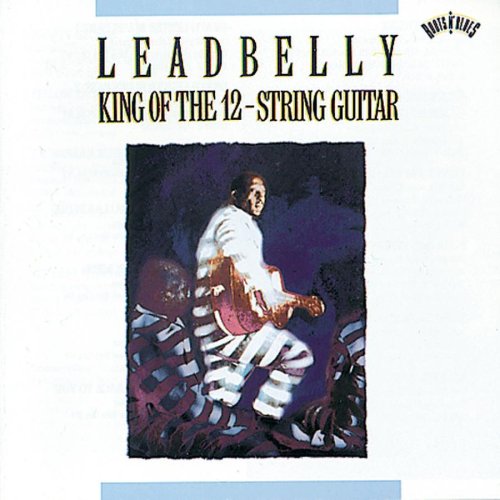
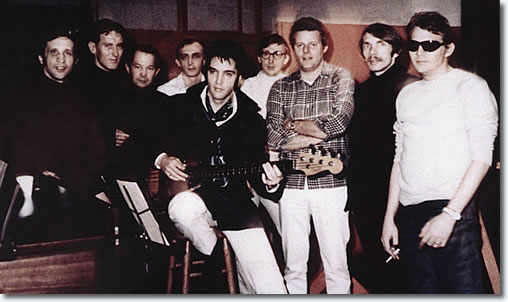
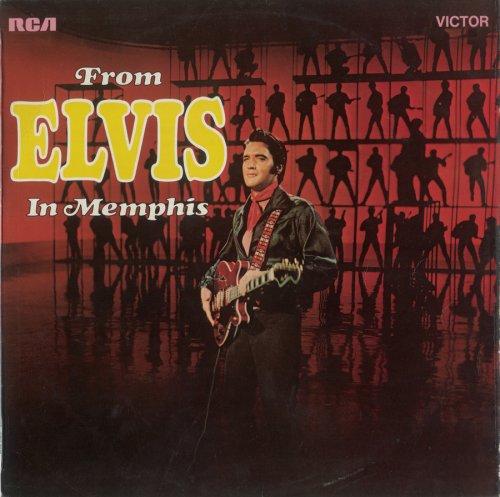
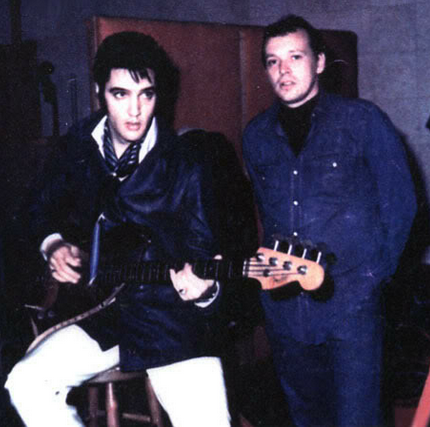 Elvis & Chips Moman
Elvis & Chips Moman